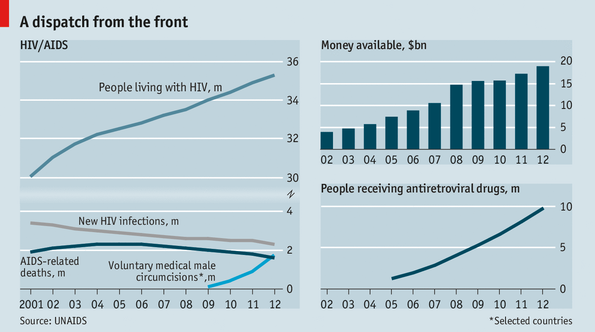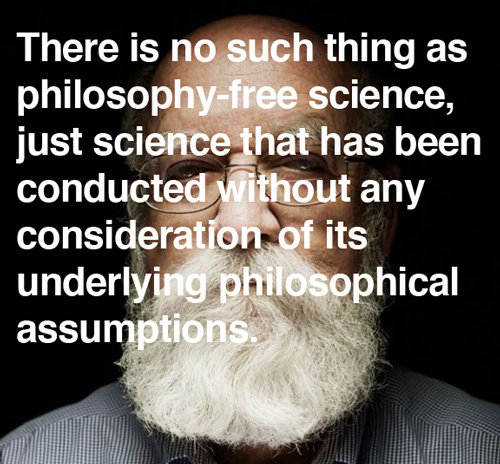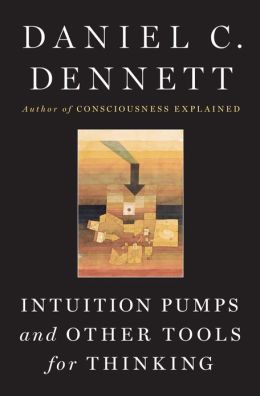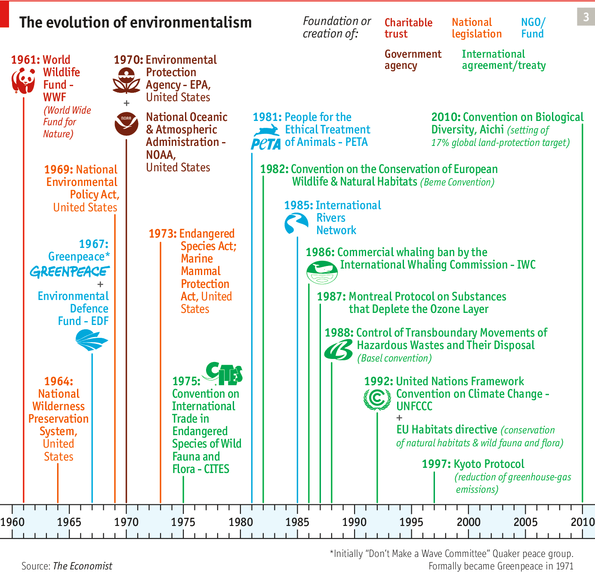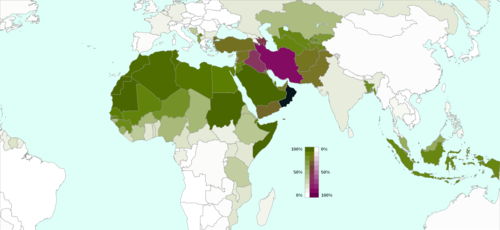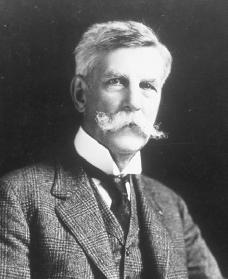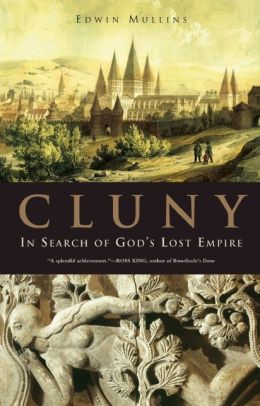I just finished reading
Cluny: In Search of God's Lost Empire by Edwin Mullins. Did you know that the biggest church in the world was once that serving the monastery at Cluny in the late middle ages, not surpassed until the rebuilding of St. Peter's Basilica in Rome? Establishing the Romanesque style, when the roof fell in the rebuilding used flying buttresses, pioneering the architectural innovation that made Gothic cathedrals possible.
The Cluny abbey was founded in 910 with the gift of land and buildings, and a charter that allowed the monks to elect their own abbot and made the abbot responsible only to the Pope. That relative autonomy freed the abbey from many of the threats created by local bishops and local aristocrats. Led by a string of remarkable abbots, Cluny developed a network of 1500 to 2000 linked facilities in an Order of Cluny, following a Cluniac system. More than 10,000 monks ulimately were affiliated with Cluniac institutions in a network that spread from the Levant to the British Isles.
How did Cluny's influence grow so great so fast?
The late middle ages saw pretty good weather in Europe, and the population was growing. Agriculture was improving, in part because of the technological innovation of the monastic centers and its dissemination. Christianity was recapturing lands that had been lost to the Muslims; the Crusades brought wealth and power to the Cluniac monasteries as did the pilgrimage to Santiago de Compostela when Christians had reconquered the north of the Spanish peninsula.
Benedict had created the Benedictine Rule in the abbey at Monte Cassino in the early 6th century. The Rule called for monks to divide their time among prayer, manual labor and study. By the 10th century, Benedictine monasteries were to be found in many parts of Europe, but by Cluny was seen as reforming the Benedictine order. Many Benedictine monasteries were brought under Cluny's control in the hope of reforming them, while others were created as subsidiaries of Cluny in the hope that they would be administered well.
 |
| Sculptures from the Cluny Museum |
Cluny monasteries recruited monks (and nuns) from the aristocratic classes who brought property with them. The Cluniac system grew during a time in which the Papacy was in crisis, and in which feudal kings and barons frequently needed to call upon the diplomatic services of the church. Cluny became the most respected peace negotiator of its time, and gained prestige and wealth in the process.
Over time, the monks in the Cluny monasteries devoted more an more effort to liturgy in more and more impressive churches, especially the mother church at Cluny itself. This was possible because the monasteries employed lay brothers and peasants to carry out the work on their increasingly extensive properties. The people of the time believed that indulgences earned in religious acts could guarantee eternal life in heaven, as could the prayers of the monks. They often preferred the Cluniac monasteries and endowed monasteries on pilgrimages and to support their prayers. Many aristocrats would enter monasteries or convents late in life for the care of their bodies and souls; they too often would endow the monasteries.
Author Mullins writes that Cluny reached the apogee of its influence in the early 12th century.
Later in that century, a new reform movement arose in the creation and expansion of the network of
Cistercian monasteries.
Bernard of Clairvaux, the leader of the Cistercians, and
Peter the Veneerable, Abbot of Cluny, are cited as illuminating the differences in the two systems. Bernard's Cistercians deliberately sought out wastelands for their monasteries, reclaiming them through hard labor, creating a revolution in agricultural technology. The Cistertians returned to the Benedictine practice of working every day as well as praying and studying. Bernard distrusted the philosophy that that was emerging from the new universities and the translation of Arab versions of the Greek and Roman texts as well as Arab mathematics and science. Bernard's sermons are credited with stimulating the (disastrous) second Crusades. Peter, on the other hand, was a serious scholar, and Cluny had an important library with copies of many of the newly available texts. Interestingly, the two had a long correspondence airing their differences, and retained mutual respect in spite of the different ideologies.
Mullins adduces the story of Heloise and Abelard to show the differences. Abelard, the leading French scholar and religious teacher of his time, seduced his student Heloise, who had an out of wedlock child. Abelard was castrated for having impregnated Heloise. While they eventually married, they separated, Heloise joining a convent and Abelard a monastery. Abelard used his mastery of Aristotelian logic in an effort to distinguish those aspects of Christian theology that were logically consistent versus those which were not. This drew an outraged response from the church hierarchy and from Bernard; Peter offered refuge to Abelard, according to Mullins due to Peters emphasis on
caritas -- love and charity as a guiding principle.
A chapter of the book deals with the influence of the Cluniac system in England, and the support of the 12th century English monarchy for Cluny.
The Cluniac system continued for centuries. Although with decreasing wealth and a smaller network of monasteries. Unfortunately Cluny itself was looted by the Huguenots in the 16th century, and became a source of income for Parisian courtiers in the 18th century. In the French Revolution the Cluny church and monastery were destroyed, and the ruins were sold to developers to mine for building materials. Today there is little left of the grandeur that was the world's largest Christian church for half a millennium.
The book devotes considerable space to describing the architecture, sculpture, and painting, and mentions the illuminated books and music produced in the monasteries. Unfortunately, there are few illustrations and no so sound. I have tried to supplement the book in this post.
I learned a lot from this short, easy to read book!

